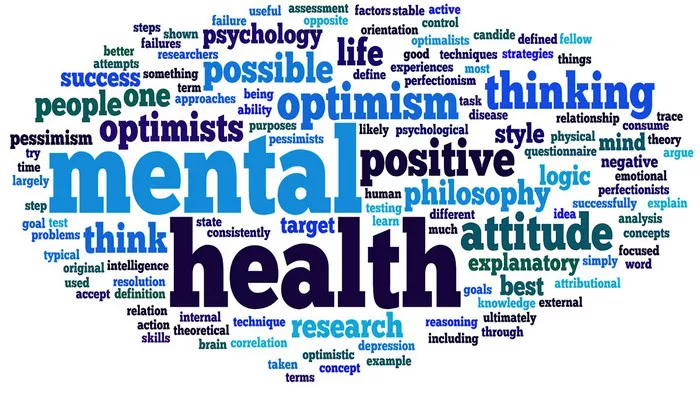The work-from-home trend, once celebrated for its flexibility and improved work-life balance, is revealing a darker reality as mental health concerns become increasingly evident. Malaysian Mental Health Association president Prof Datuk Dr Andrew Mohanraj Chandrasekaran warns that the transition to remote work triggered by the Covid-19 pandemic has profound implications for individuals’ psychological well-being.
Jobstreet Malaysia’s survey report emphasizes that while 67% of operating companies have enforced work-from-home policies, 48% of employers cite reduced productivity among their staff. The preference for remote work is notably high, with Gen X employees at 72%, Gen Y at 71%, baby boomers at 66%, and Gen Z at 64%.
Dr Andrew, a consultant psychiatrist, highlights loneliness as a significant concern for remote workers, leading to mental health issues. A study by the Integrated Benefits Institute in California revealed that 40% of individuals fully working from home and 38% engaged in hybrid work arrangements showed a higher likelihood of symptoms associated with anxiety and depression.
Symptoms such as decreased motivation, social isolation, and fatigue have become prevalent among those working from home. Contrary to the belief that solitude promotes calmness, remote workers experience heightened stress hormones, disrupted sleep patterns, and increased vulnerability to illnesses.
Dr Andrew emphasizes the link between prolonged isolation, burnout, and increased susceptibility to mental health conditions. Clinical depression and generalized anxiety disorder are among the commonly reported mental health issues in remote work scenarios.
Employees with pre-existing mental health conditions or Type B personalities, characterized by a need for relationships, extroversion, and enthusiasm, are particularly at risk. Dr Andrew urges a recalibration of work-from-home benefits, shifting focus from mere flexibility to creating a conducive workspace that nurtures work-life balance.
Employers, he notes, play a critical role in safeguarding the mental well-being of their workforce. Regular check-ins, open communication channels, and providing resources for mental health support are essential components of monitoring and addressing mental health symptoms among remote workers.































